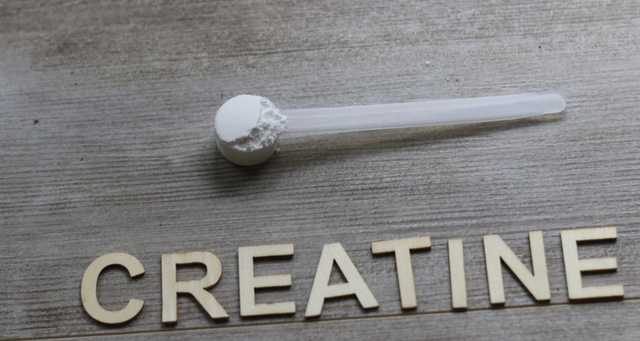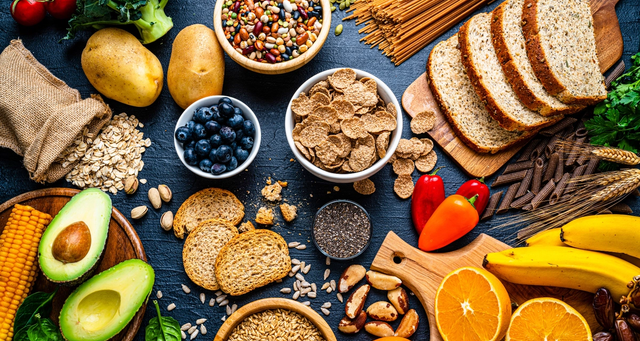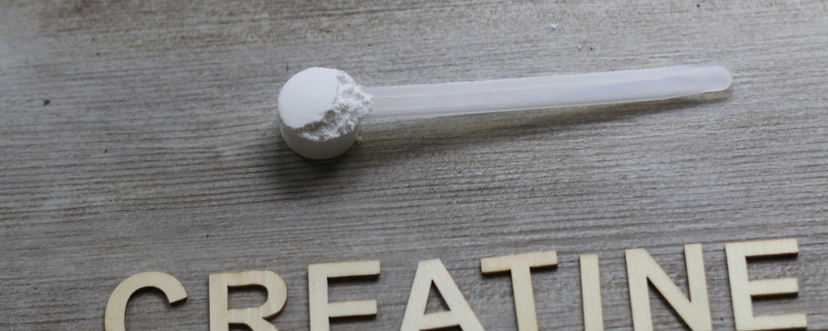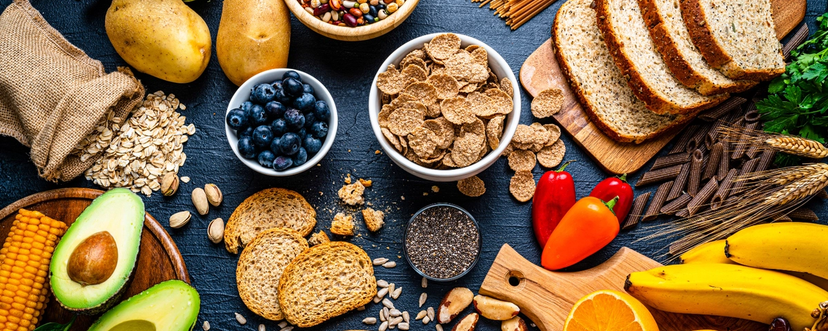
Does Diet Soda Break a Fast? The Truth About Fasting and Sweeteners
You can't avoid it: intermittent fasting (IF) has taken the health and fitness world by storm. IF is much touted for its benefits in weight management, metabolic health, and even longevity for wellness. People fast for body fat loss, blood sugar control, or cellular repair, but our personal trainers report that one particular question arises whatever the goal: Can you drink diet soda while fasting?
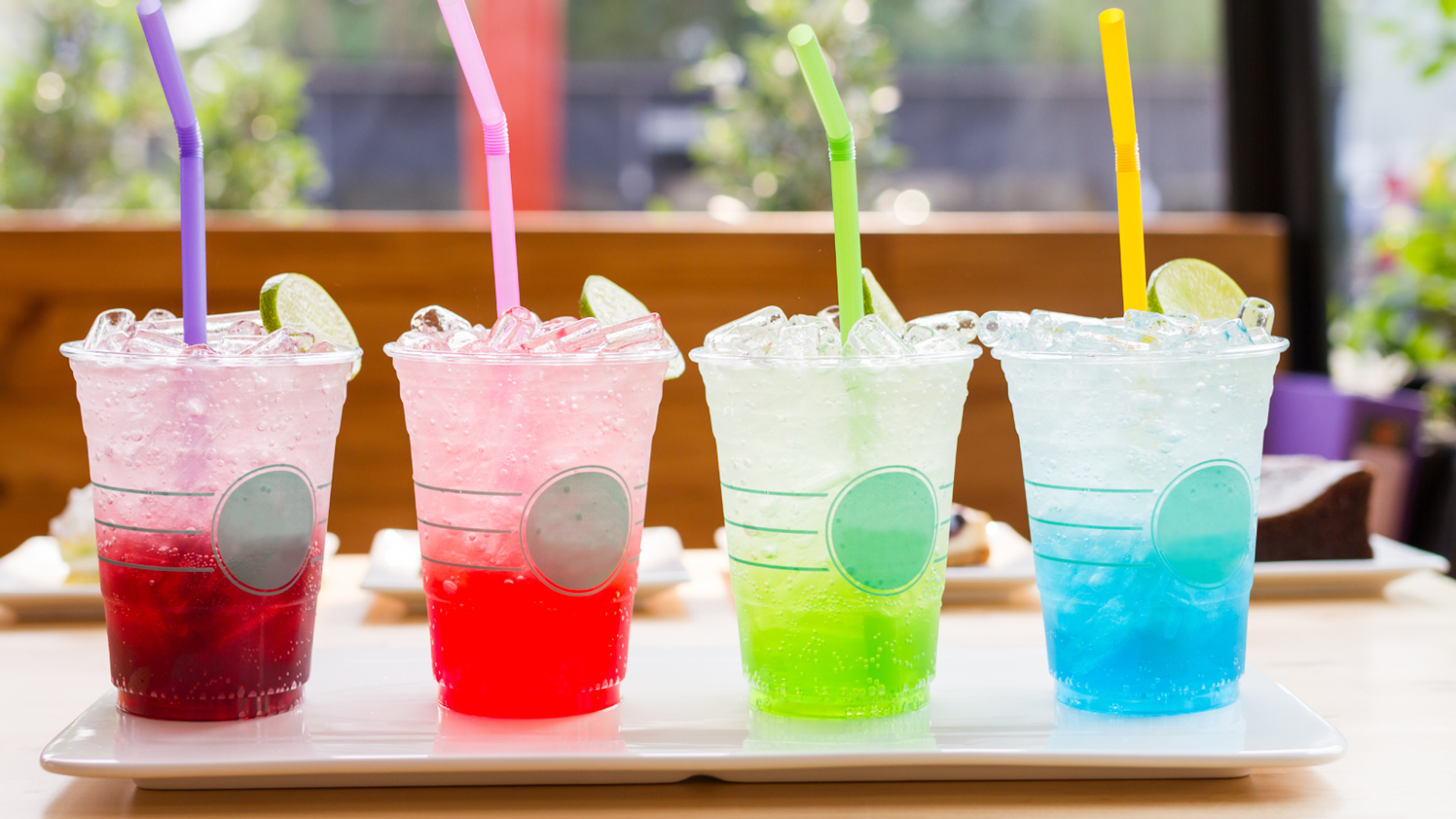
Can a Diet Coke break actually help your wellness journey?
Diet sodas, with their zero-calorie promise, seem like the perfect tasty beverage to satisfy cravings without breaking a fast. But do they really keep your body in a fasted state, or do artificial sweeteners interfere with crucial things like insulin levels, gut health, or autophagy? The answer isn’t as straightforward as it seems.
So, let's dive into the science behind fasting and diet soda, breaking down whether artificial sweeteners impact your metabolism, insulin levels, or fat-burning potential. We'll also think about whether diet soda is compatible with fasting goals like weight loss, ketosis, and cellular regeneration.
So, will diet soda break a fast—or can you sip it guilt-free? Grab a straw, and let’s find out.
Understanding Intermittent Fasting
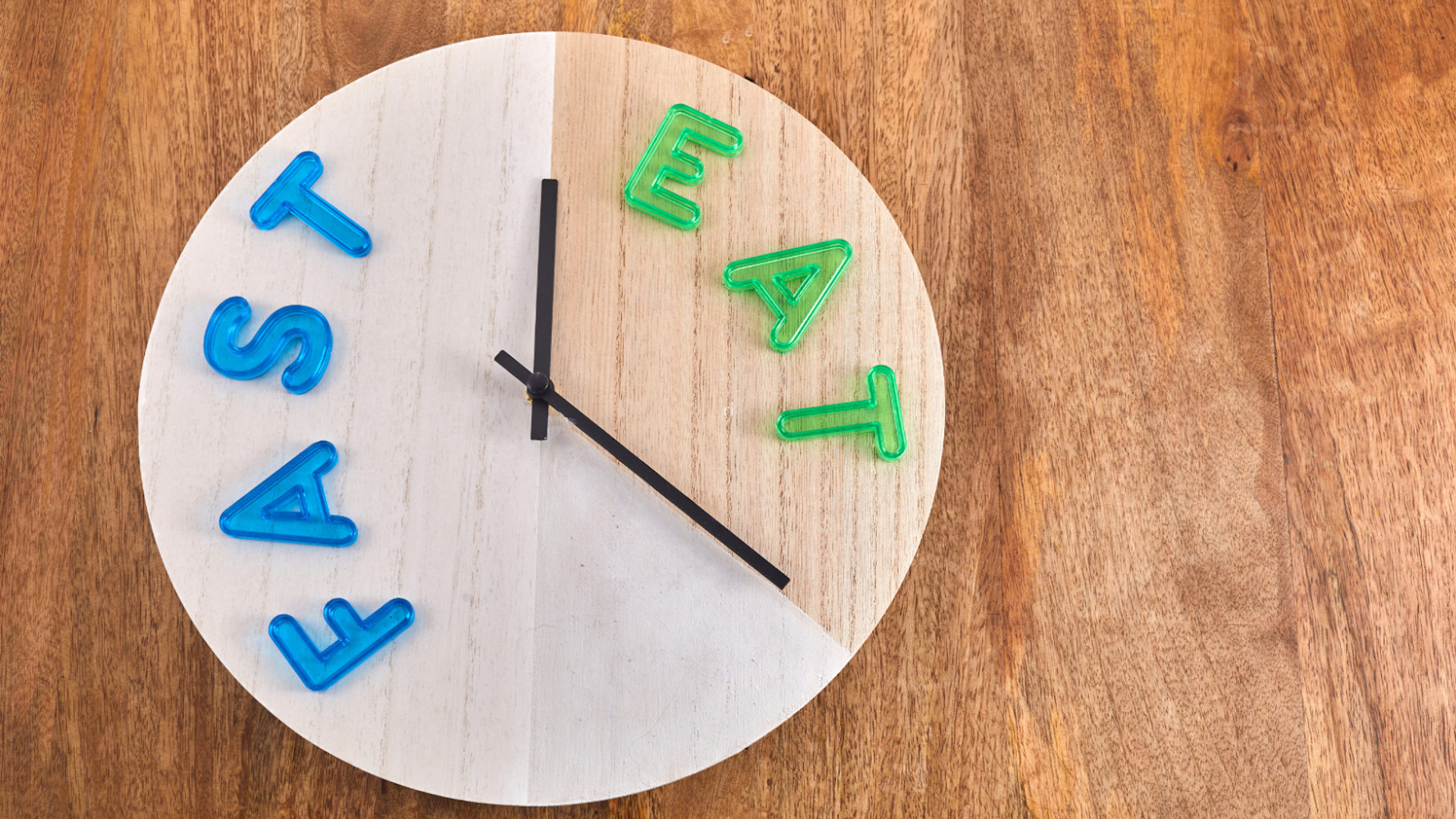
What Is Intermittent Fasting?
Ok real quick let's run through the concept of intermittent fasting (IF). It isn’t a diet—it’s an eating pattern that cycles between periods of eating and fasting.
Unlike traditional calorie-restrictive diets, intermittent fasting focuses more on when you eat rather than what you eat. Popular fasting methods include:
- The 16/8 Method (fasting for 16 hours and eating within an 8-hour feeding window), .
- The 5:2 Diet – Eating normally for five days and consuming minimal calories (500-600) on two non-consecutive days.
- Alternate-Day Fasting – Fasting every other day while eating freely on non-fasting days.
- OMAD (One Meal a Day) – Eating only one meal per day, typically within a 1-hour window.
To reap the full benefits of IF, it’s crucial to avoid anything that might break a fast.
The Role of Insulin and Metabolism in Intermittent Fasting
Now for the scientific bit. During fasting, your body undergoes several metabolic changes. The most significant one involves an insulin response. Insulin is a hormone that regulates blood sugar, and its levels drop during fasting, allowing the body to burn stored fat for energy.
Fasting also promotes ketosis. This is a metabolic state where your body relies on fat rather than glucose for fuel. Additionally, fasting can trigger autophagy, a process where cells break down and recycle damaged components, potentially offering anti-aging and disease-prevention benefits.
To stay in a true fasted state, it's essential to avoid anything that spikes insulin, stops ketosis, or disrupts autophagy. While diet soda contains no calories or sugar, artificial sweeteners raise concerns about their impact on fasting benefits.
What Is Diet Soda?

The rundown: diet soda is a carbonated beverage marketed as a sugar-free alternative to regular soda. Instead of sugar, it contains artificial sweeteners. Some of the most common sweeteners are:
- Aspartame – One of the most common sweeteners, found in Diet Coke and Diet Pepsi.
- Sucralose (Splenda) – Used in many "zero sugar" and naturally flavored drinks.
- Saccharin – Found in older diet soda formulas.
- Acesulfame K – Often paired with aspartame or sucralose to enhance that sweet taste.
- Stevia or Monk Fruit – Natural sweeteners that are sometimes used as alternatives.
These sweeteners provide intense sweetness without calories, making them attractive for those watching their sugar intake to combat those sugar cravings. However, their effects on overall health concerns, insulin, metabolism, and gut health risks remain a topic of hot debate in the health community.
Why Do People Drink Diet Soda?
People love diet sodas because they let you enjoy the sweet, fizzy taste of soda without the calories of sugary drinks. Marketed as a “guilt-free” beverage, diet soda is often consumed by those following low-carb diets like keto, intermittent fasting, or general weight loss plans.
Diet soft drinks a go-to for anyone trying to cut back on caloric intake, lose weight, manage blood sugar, or stick to low-carb diets like keto. Since they don’t have any sugar, they won’t spike your blood sugar, which is why people with diabetes often reach for them. Some people in an intermittent fasting window also drink diet soda to help with cravings, since the carbonation can make you feel full and keep hunger in check.
Other diet soda fans just like the drinks' taste and caffeine boost, especially if they’re trying to cut back on coffee or energy drinks. Since diet sodas are everywhere—in restaurants, vending machines, grocery stores and ads (Diet Coke break, anyone?)—it’s easy to grab one when you need a fizzy fix.
Drinking lots of soda, particularly caffeinated beverages, can have a real impact on sleep quality, which can in turn lead to other potential health risks. If in any doubt, always make sure to speak to a healthcare professional about your diet.
Though zero calorie drinks are marketed as a healthier alternative to regular soda, there’s still some debate about whether artificial sweeteners mess with your metabolism, gut health, or cravings. Either way, they remain a super popular choice for people looking for a soda without the guilt!
So...Does Diet Soda Break a Fast?
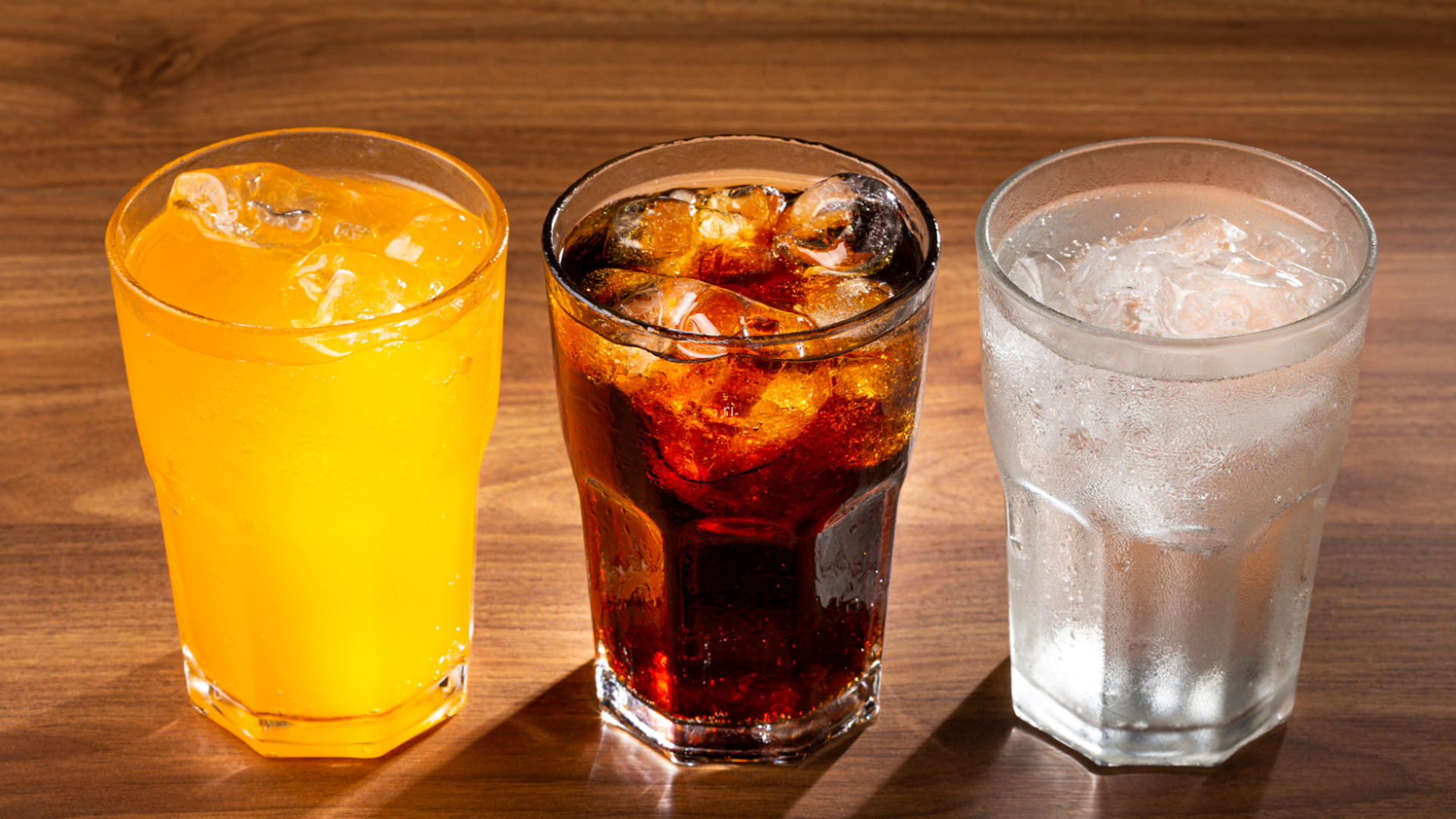
Alright, let’s get to the big question: does diet soda actually break a fast? Since most diet sodas don’t have calories or sugar, you’d think they’d be totally fine while fasting, right? Well… it’s not that simple. While they technically won’t add calories to your day, some ingredients in diet soda—like artificial sweeteners—could have sneaky effects on your body that might mess with the benefits of fasting.
So, let’s break it down and look at how diet soda affects fasting, insulin levels, metabolism, and even autophagy (aka your body’s natural cleaning process).
Calories & Fasting: The Basic Rule
We all know that a traditional fast means consuming zero calories so your body can burn stored fat for energy. Since diet soda has no calories, it shouldn’t break a fast from a pure calorie standpoint. If your main goal with fasting is to lose weight, then diet soda probably won’t interfere as long as you’re staying within your eating window when it’s time to eat.
However, fasting isn’t just about calories—it’s also about your body's response, keeping insulin low, metabolism steady, and autophagy activated. And that’s where that Diet Coke break gets a little tricky.
Artificial Sweeteners & Insulin Response
One of the biggest debates about diet soda and fasting is whether artificial sweeteners cause an insulin response. Insulin is the hormone that controls blood sugar levels, and when you’re fasting, you want to keep insulin secretion low so your body keeps burning fat instead of storing it.
Most artificial sweeteners are calorie free, so they shouldn’t spike insulin the same way sugar does. But some research suggests that certain sweeteners—like aspartame, sucralose, and acesulfame potassium—might still trigger an insulin response in some people.
So, does diet soda spike insulin? We're not hedging our bets, honest, but it depends. In studies, some people seem to have zero reaction, while others might experience a small insulin increase. For fitness, if your goal with fasting is weight loss, a tiny insulin spike might not make a huge difference. But if you’re fasting for metabolic health, even a small insulin response could reduce the benefits.
Does Diet Soda Affect Autophagy?
Autophagy is your body’s way of cleaning up old or damaged cells—kind of like a built-in detox system. It’s one of the biggest health perks of fasting, helping with anti-aging, brain health, and disease prevention.
For autophagy to work best on intermittent fasting, your body needs to be in a fully fasted state. That means no calories, insulin spikes, or disruptions in cellular processes. While diet soda doesn’t have calories, some experts believe that artificial sweeteners could still interfere with autophagy, especially if they cause an insulin response.
There’s not a ton of research on this yet, but if you’re fasting specifically for autophagy and longevity, it’s probably best to stick to water, black coffee, or tea instead of grabbing a zero calorie soda.
What About Zero Calorie Drinks And Gut Health?
Your gut microbiome (the trillions of bacteria living in your digestive system) plays a huge role in metabolism, immune function, and overall health. And some research suggests that artificial sweeteners may negatively impact gut bacteria, which could lead to inflammation, sugar cravings, or metabolic issues over time.
Sucralose and aspartame, in particular, have been linked to changes in gut bacteria. If you’ve ever had digestive issues like bloating, gas, or discomfort after drinking diet soda, this could be why!
If your goal with fasting is to improve things in your gut, cutting back on diet soda might be a good idea—especially if you’re sensitive to artificial sweeteners.
Will Diet Soda Kick You Out of Ketosis?
If you’re doing intermittent fasting with keto, you might be wondering: Can I drink diet soda on keto?
The good news is that most diet sodas won’t kick you out of ketosis, since they don’t contain sugar or carbs. However, some people find that artificial sweeteners increase cravings for sweet foods, which could make sticking to keto harder.
Also, if a certain sweetener triggers an insulin spike, it might slow down fat burning—which isn’t ideal if you’re using fasting and sticking to keto for weight loss. If you’re doing strict keto, it might be worth switching to stevia-based sodas or unsweetened tea instead.
Final Thoughts From Team Svetness

Here’s the bottom line: If your goal is just weight loss, diet soda is probably fine. If you’re fasting purely for weight loss, diet soda is unlikely to interfere since it contains zero calories. No calories = not technically “breaking” your fast.
But, if you’re fasting for autophagy, gut health, or metabolic benefits, you might want to be careful with diet sodas—especially if they contain artificial sweeteners that could start a metabolic response, trigger an insulin release, disrupt gut bacteria, or reduce some of the deeper benefits of fasting..
At the end of the day, it comes down to how your body reacts. Some people can enjoy diet soda without any issues, while others might notice increased cravings or changes in digestion. If you’re unsure, the best thing to do is test it for yourself. Try having a diet soda while fasting and see how your body reacts. If you feel hungrier or notice cravings, it might be interfering with your fasting benefits. If you feel fine, then it’s probably okay in moderation!
Still not sure? Play it safe with plain water, black coffee, or herbal tea—they’re always fasting-friendly!
No matter where you are in your fitness journey, our Svetness trainers are here to help you make the best choices for your health and goals. Whether you’re navigating fasting, improving your diet, or building a workout plan, we’ll guide you every step of the way. Ready to take the next step? Schedule your free assessment with a Svetness trainer today and start reaching your full potential!
Frequently Asked Questions
Does diet soda break your fast?
Not technically—since diet soda contains zero calories, it won’t break your fast from a calorie intake standpoint. However, some artificial sweeteners may trigger an insulin response, which could impact the benefits of fasting, especially if your goal is autophagy or metabolic health.
Can you drink diet soda while fasting for weight loss?
Yes! If your main goal is losing weight or stopping weight gain, diet soda can be a helpful tool in calorie restriction and can help curb cravings. However, some people find that artificial sweeteners increase their appetite or make them crave sweets, so it’s important to see how your body reacts.
Can you drink diet soda on keto?
Yes, diet carbonated drinks are keto-friendly since they contain no sugar or carbs. However, some artificial sweeteners may increase sweet cravings or impact your gut, which could make sticking to keto harder for some people. If you’re sensitive to sweeteners, try stevia-based sodas instead.
Does diet soda spike insulin?
It depends on the person and the sweetener used. Some studies suggest that consuming artificial sweeteners (like sucralose or acesulfame K) may cause a small insulin response, while others (like stevia or monk fruit) appear to have little to no effect. If you’re worried about insulin spikes, you might want to avoid diet soda while fasting.
What are the best fasting-friendly drinks?
If you want to guarantee you stay in a fasted state, stick to water (still or sparkling), black coffee (no cream or sugar), unsweetened tea (green, black, or herbal), or electrolyte water (as long as it’s free of artificial sweeteners)
Start your Svetness journey today
Get a free consultation and see how our trainers can transform your wellness journey.
